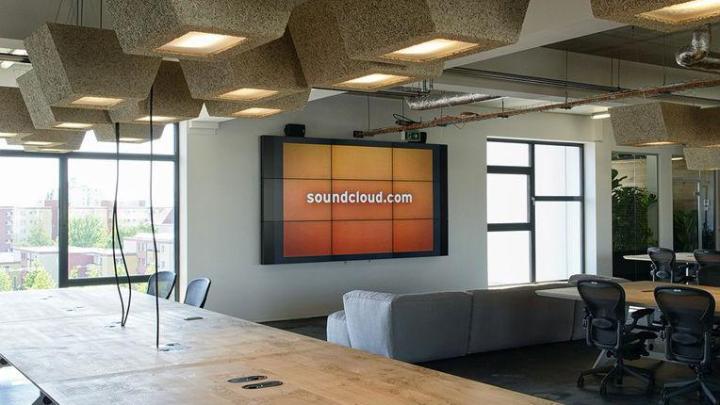
The terms of the agreement make reference to two premium plans to complement SoundCloud’s free, base-level tier. One, “Additional Services,” would remove audio and video adds and let subscribers download a small selection of songs. “SoundCloud Full Catalog Subscription Service,” on the other hand, sounds like a full-blown, all-you-can-eat option with ad-free access to (and presumably downloading of) SoundCloud’s entire music library.
So what would labels get out of the new tiers? Pretty substantial royalties, it seems. In addition to 10.5 percent of SoundCloud’s revenue or about 20 percent of any money it makes on sound recording rights — whichever is higher — music publishers would pocket $0.18 per Additional Services customer per month, or $0.80 for Full Catalog subscribers. And for the group of independent labels mentioned in the contract, SoundCloud’s sweetening the pot with a $350,000 advance split among them. Such generous terms may even prove good enough to entice publishers that’ve left the platform to return — Sony Music pulled many of its artists, including Adele, Kelly Clarkson, Passion Pit, and Leon Bridges, from SoundCloud in May due to what it called “a lack of monetization opportunities.”
For SoundCloud, the move to paid tiers may be more a matter of survival than choice. Many of the service’s most popular music remixers and DJs use copyrighted content in their work, which led SoundCloud to announce last year it would pursue licensing deals with music publishers. (Indeed, language in the leaked contract suggest the company will work to soon finalize terms with major publishers like Universal Music Group.) It’s already made some headway — it signed an ad revenue-sharing deal with Warner Music Group and “over 100 other partners” last year. But SoundCloud for years operated under the Digital Millennium Copyright Act’s (DMCA) Safe Harbor clause, which, while granting it immunity in cases of infringement, led to a poor record of content takedowns that frustrated the record industry. Formalized paid tiers with publishers (in addition to copyright identification tech similar to YouTube’s Content ID) could go a long way to restoring good will.
Premium plans could also give SoundCloud the profitability boost it so desperately needs. The startup managed to raise $123 million in 2013, but posted losses of $29.2 million on $14.1 million in earnings. In an attempt to stem the bleeding, it introduced web ads 10 months ago, but SoundCloud reportedly still makes most of its money from its niche up-charge service for creators, SoundCloud Pro. Plans targeted at music listeners, a much wider audience, represent a big potential source of revenue.
What about free SoundCloud streaming, you ask? Not to worry — the terms of the contract spell out that it’s staying around, at least for now. That’s not to say the advertising supporting it won’t become more intrusive down the road, but it looks like you won’t have to pay for music on SoundCloud if you’d rather not.


